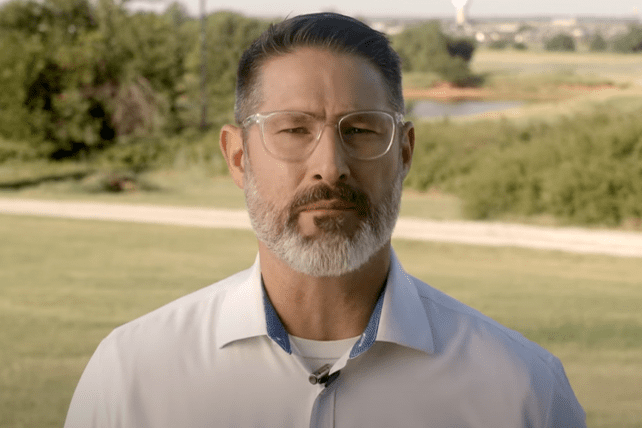“Prostitution is a crime, and rightly so. But some would have us believe that if you set up a camera, film it, and publish it on the internet for thousands of minors to see, magically it becomes ‘protected expression,’” argued Deevers. “This is obviously absurd.”
He continued, “Thankfully, the Common Law and SCOTUS precedent is more grounded. In Barnes v. Glen Theatre (1991), the Court upheld bans on public nudity at clubs. Justice Rehnquist noted that public indecency—including nudity—was a criminal offense at common law.”
“The Founders banned public indecency, and so can we. And if nudity can be banned behind closed doors in a club, it can absolutely be banned on the internet which is even more publicly accessible,” Deevers added. “More recently, in Miller, SCOTUS laid out when content is obscene and therefore can be banned.”
Deevers’ reference was to Miller v. California, a 1973 Supreme Court decision clarifying the legal definition of obscene content. The decision instituted three standards: 1) whether an average person would find that the work encourages excessive interest in sexual matters, 2) whether the work depicts sexual content in a way that offends applicable state law, and 3) whether the work lacks serious literary, artistic, political, or scientific value.”
“Modern pornography clearly checks box 1 and box 3. The only thing missing? Box 2—a state law that defines and prohibits obscene content according to the Miller test,” argued Deevers, noting that this is the purpose for which he brought forth legislation earlier this year.
“Porn advocates (imagine publicly identifying yourself as a porn advocate) point to Reno v. ACLU (1997),” said Deevers, referring to a Supreme Court ruling against the anti-indecency provisions of the 1996 Communications Decency Act (CDA). “But in Reno, the court struck down the CDA because it banned content that was not just ‘obscene,’ but also ‘indecent’—a term they said was too vague to be enforceable.”
“Further, Reno was partially based on the assertion that [the] internet is not as invasive as radio and TV. How is that assessment holding up?” Deevers continued. “The factual findings in Reno have been proven wrong. We can write laws tailored to the Miller Test and we can win in the courts.”
“The Founders didn’t fight a revolution to protect degenerate obscenity,” argued Deevers. “Most of us, even among those of us who want to abolish pornography, have views that are probably moderate compared to theirs.”
Notably, this is not the first time Deevers has found himself the target of criticism from FFRF. Last year, FFRF even called for Deevers’ resignation after Deevers said that the “law should be in accordance with God’s Word.”
ChurchLeaders has reached out to Dusty Deevers for comment and will update this article in the event of a response.

